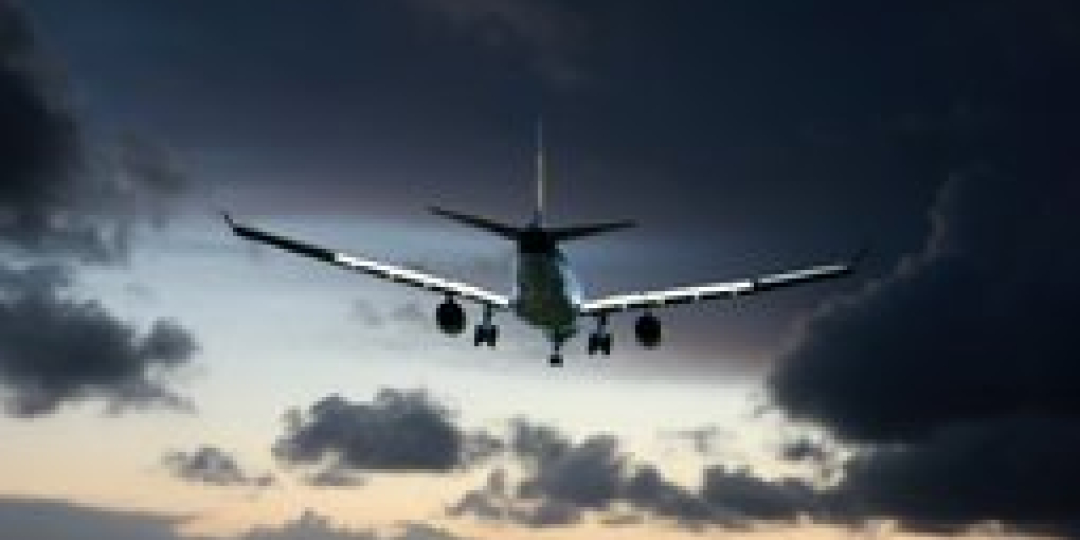A study conducted by Iata and management consultancy McKinsey & Co, shows that airlines underperform on the financial returns that investors would normally expect.
Despite delivering consistent operating profits pre-pandemic (2012-2019), airlines collectively did not produce economic returns above the industry’s Weighted Average Cost of Capital (WACC). (This is the average after-tax cost of capital from all sources. Essentially, WACC is the average rate that a company can expect to pay to finance its assets.)
On average, in the five pre-pandemic years, the collective Return on Invested Capital (ROIC) generated by airlines was 2,4% below the WACC. This means the airline industry collectively destroyed an average of US$17,9bn (R313,19bn) of capital each year, from 2012 to 2019.
An Iata report dated June 2019 said airlines then were collectively generating US$28 billion (R497 billion) per year, but they flew more than 4,5 billion passengers in a year to generate that revenue. That means that in normal times, pre-COVID, the airline industry made just over $6 (R106,40c) in profit per passenger.
Pre-pandemic, all sectors of the value chain, except airlines, delivered ROIC in excess of the WACC. Airports led the pack (in absolute value of return) giving investors an average of US$4,6bn (R80,5bn) annually above the WACC (this is 3% of revenue).
When viewed as a percentage of revenue, GDSs/Travel Tech firms topped the list with average returns of 8,5% of revenues above the WACC, which was $700 million (R12,25bn) annually, followed by Ground Handlers with returns of 5,1% of revenue or $1,5 billion (R26,6bn annually), and Air Navigation Service Providers with returns of 4,4% of revenues or $1 billion (R17,7 billion) annually.
At the height of the pandemic (2020-2021) airlines’ losses led the pack, with ROIC falling below the WACC by an average of US$104,1bn (R1,82trillion) annually (-20,6% of revenues).
Willie Walsh, Iata DG, said while the research reaffirmed that airlines improved their profitability in the years following the Global Financial Crisis, it also clearly showed that airlines, on average, were not able to benefit financially to the same degree as their suppliers and infrastructure partners. “Rewards across the value chain are also disproportionate to risk. Airlines are the most sensitive to shocks but have limited profits with which to build a financial buffer.”
The association said while there was no clear path to rapidly re-balance the value chain, there were some key areas – including decarbonisation and data-sharing – where working together and burden-sharing would mutually benefit all value chain participants.














